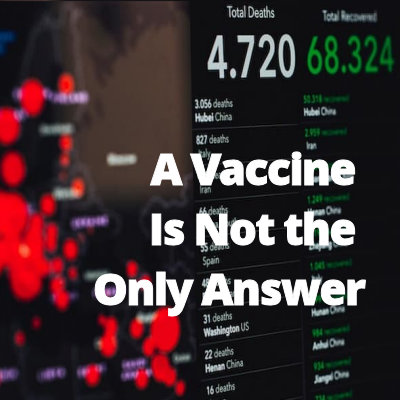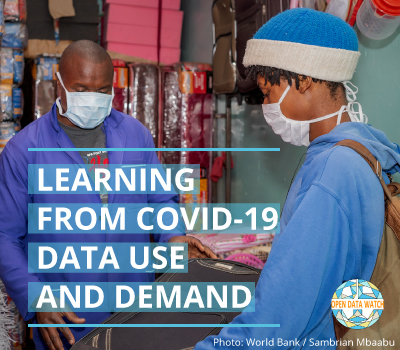Open Data Watch is an international non-profit, non-governmental organization that works at the intersection of open data and official statistics. It monitors the accessibility and comprehensiveness of official data in over 180 countries and provides practical information and assistance in implementing open data policies and systems. The Open Data Watch team has unparalleled experience in development data and is committed to making open data a global reality in support of Sustainable Development Goals.
July was a busy month for the development data community — new data for SDGs, gender data portals and initiatives, census data, tracking the trackers, trusting open data, inclusive data for policy, sex-disaggregated data on COVID-19, and more.
This third blog of the series summarizes existing data on sex-disaggregated COVID-19 cases and deaths from Global Health 50/50, compares this to overall cases and deaths, and examines the shares that are sex-disaggregated by income and region.
The conference Outcome Report of ConVERGE: Connecting Vital Events Registration and Gender Equality spotlights renewed global commitment to strengthening Civil Registration and Vital Statistics (CRVS) through integration of gender analysis.
Census data not only provide a count of people in a country, but also information on variables like gender, ethnicity, and income. To better understand the impact of census data on government revenue, political representation, and public programs such as response to the current pandemic, ODW has collected key articles and resources in this special edition.
The updated Data in the Time of COVID-19 covers some grim milestones. Tracking online mentions and traffic for coronavirus data, Learning from Coronavirus Data Use and Demand looks at trends in how public conversation about COVID-19 is being driven by data. The weekly updates by ODW and Data2X spotlight the best gender-disaggregated data on the pandemic.
The world’s inability to monitor and contain the spread of COVID-19 is costing trillions. With such losses, budgets are tightening. Prioritized spending is critical. Funds and hopes are now focused on the arrival of an effective vaccine. But, once again, that won’t be enough.
Accurate, timely data during the coronavirus pandemic guides decisions on limiting transmission and allocating resources. But what are the drawbacks, merits, accessibility, and biases of coronavirus datasets, models and testing? What do we know about uptake of coronavirus data? What can we learn from changing demand for data?
This second blog in the series summarizes the existing data on sex-disaggregated COVID-19 cases and deaths from Global Health 50/50 and asks how complete our picture is when compared to all reported cases and deaths.
We know that the COVID-19 pandemic is affecting men and women differently and that gender roles shape pandemic responses. Now, thanks volunteer efforts via Global Health 50/50, new data are revealing the true impact of COVID-19 on men and women around the world.
As data-driven decision making is critical during the pandemic, ODW updated its special edition of What’s Being Said on COVID-19 (organized by data value chain stages) and also partnered with Data2X to review the gender impact of the pandemic. A virtual ODIN training session for Uzbekistan looked at country-specific ways to improve open data, and a number of new sustainable development data reports appeared.





